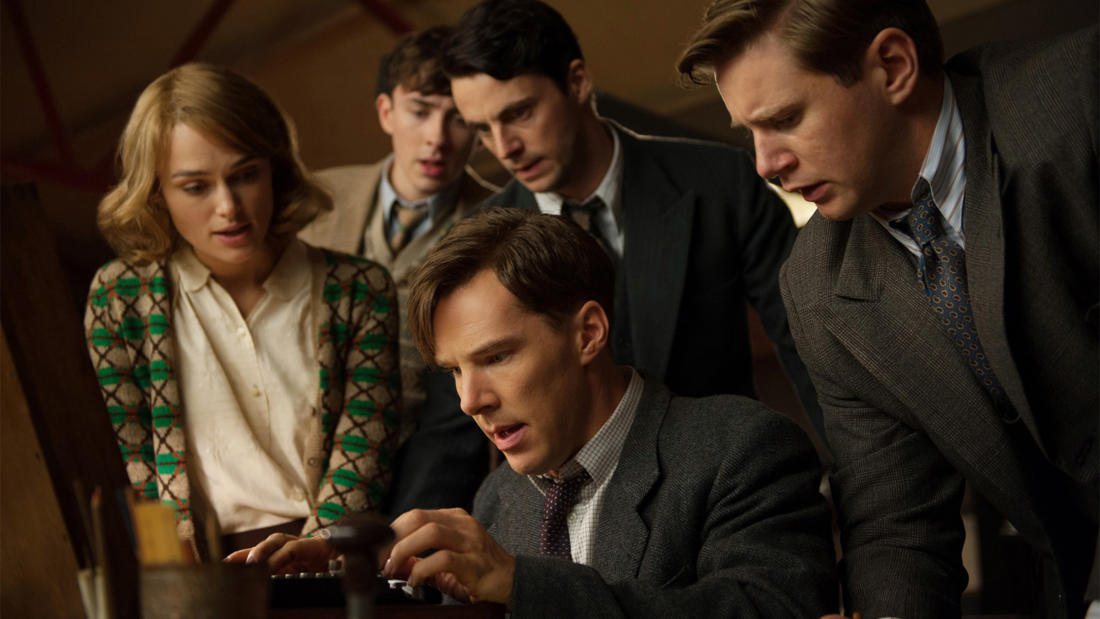
Milwaukee Film Milwaukee, WI
Thomas Haigh, PhD
Professor, University of Wisconsin-Milwaukee
The Imitation Game— The mathematician as superhero: Alan Turing in the cineverse of madness
Program Description
In a talk that critically examines the cinematic narrative along and against the historic and scientific narrative, Dr. Haigh re-frames Turing's contributions to the field of computer science and codebreaking, offering audiences a new way of seeing the film and understanding the pace of scientific progress that cannot be well bounded within the cinematic form.
Presented At
Milwaukee Film Milwaukee, WI
Film Synopsis
During World War II, mathematician Alan Turing tries to crack the enigma code with help from fellow mathematicians.
Told via flashback, The Imitation Game tracks the young, brilliant, and socially awkward mathematician Alan Turing (Benedict Cumberbatch) in the early days of World War II as he applies for a top-secret position tasked with decoding the “unbreakable” Nazi cipher machine called Enigma, used to encrypt all military radio transmissions. Turing's team, including Joan Clarke (Keira Knightley), analyzes Enigma messages while he builds a machine to decipher them. His work was famously labeled by Winston Churchill as “the greatest single contribution to victory.” But after the war he suffered great personal and professional turmoil, as he dealt with his homosexuality in a time when it was illegal. The film was nominated in eight Academy Awards, including Best Picture, Best Director, Best Actor, and Best Supporting Actress. It won for Best Adapted Screenplay.
About the Speaker
Professor Thomas Haigh, is the co-author of *A New History of Modern Computing* (MIT Press, 2021). His research examines history of technology and sociology of science, specifically the relationships between the world of code and the world of people. His work explodes common beliefs about projects like ENIAC and Colossus, interweaving history and computer science to new understandings of these interfacings of humans and machines.